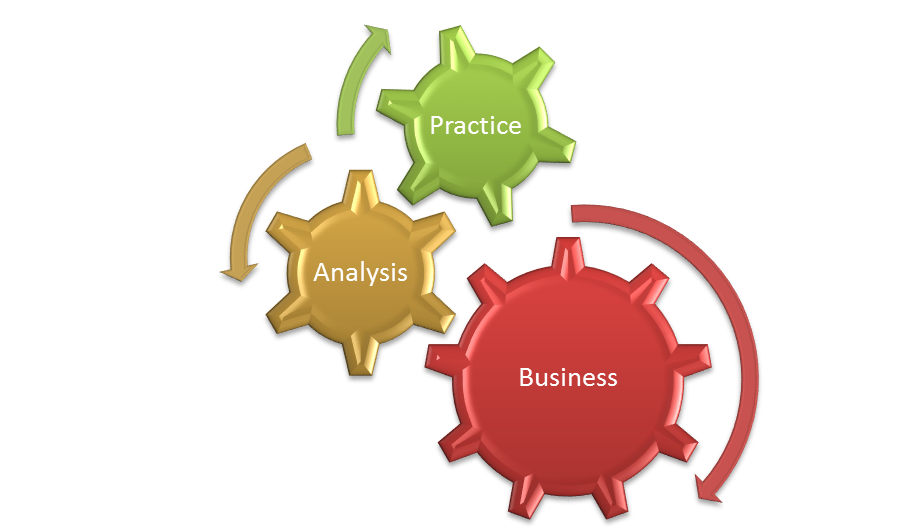Carlisle, a city in Cumbria, is also the managerial centre of the City of Carlisle region in North West England. It is the main settlement in the county of Cumbria and helps as the managerial centre for both Carlisle City Council and Cumbria County Council. At the time of the 2001 survey, the population of Carlisle was 71,773. In 2011, the city's population had increased to 75,306, with 107,524 in the wider city.
The early history of Carlisle is noticeable as a Roman payment, recognised to serve the forts on Hadrian's Wall. In the Middle Ages, because of its nearness to the Realm of Scotland, Carlisle industrialised meaningfully. The armed stranglehold, Carlisle Castle, was built in 1092 by William Rufus, and once added as a custodial for Mary, Queen of Scots. The castle now relatives the Duke of Lancaster's Regiment and the Border Regiment Museum. In the 12th century, Henry I allowed the building of a priory in Carlisle. The town produced the rank of a city when its diocese was formed in 1133, and the cloister industrialised Carlisle Cathedral.
Governance:
Carlisle has detained city status since the Middle Ages. Also, it kept its status as an area constituency or governmental borough for centuries, at one time returning two MPs. In 1835 it became a municipal borough and was later upgraded to a borough status in 1914. The city's boundaries have changed several times since 1835 the final time in 1974.
The municipal area surrounded many parts of parishes which were combined into a single civil parish of Carlisle in 1904. The currently present urban area is considered as an unparished area. Carlisle had in 2002 made an unsuccessful attempt to grow to a Lord Mayoralty. An iconic building that stands tallest in Carlisle may be demolished, and the area nearby to it rehabilitated.
Climate:
Carlisle practices an oceanic climate. In January 2005 Carlisle was hit by strong wind storms and torrential rains. On Saturday 8 January 2005 all roads into Carlisle were shut owed to severe flooding, the worst since 1822, which produced three deaths. Less severe but still significant flooding occurred in 2009, but due to Storm Desmond. Carlisle experienced even worse flooding than 2005 between Friday 4 and Sunday 6 December 2015. During this time, nearly 36 hours of nonstop precipitation broke flood defences. This left several areas submerged including Bitts Park, Hardwicke Circus and Warwick Road. This left the famous Sands Centre, stranded from the rest of the city. As several other areas of Cumbria were also severely pretentious, all trains to Scotland were postponed forever. The trains on the West Coast Principal went no further than Preston. Prime Minister David Cameron stayed the city on 7 December 2015 to measure the damage.

 ENQUIRE
ENQUIRE
 REQUEST CALLBACK
REQUEST CALLBACK
 GET A FREE QUOTE
GET A FREE QUOTE


 Introduction
Introduction Course Details
Course Details Course Content
Course Content





 London
London